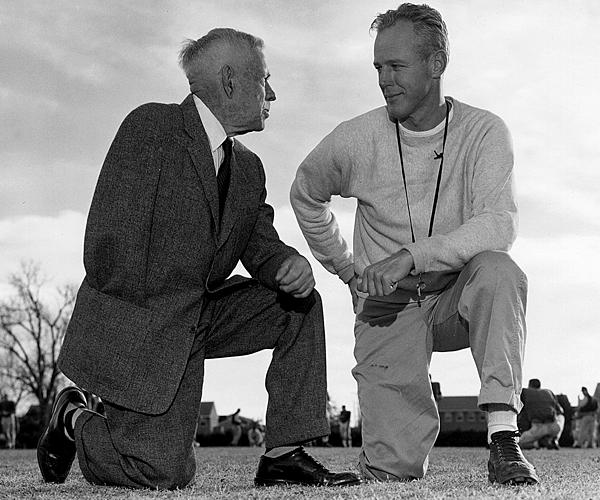The only life coach I ever knew committed suicide.
He and his wife, a psychotherapist, neighbors of mine for a good stretch, killed themselves together, slipping over their heads plastic “suicide bags” they’d ordered from the Internet. A week passed before anyone thought anything and the door forced open. It was incredibly sad and jarring to read about, and I was relieved I’d moved out of the building the year before. Neither were friends, but they were always very polite in the hallway or supermarket. Once inside their apartment, though, the screaming was almost a daily ritual, continuous arguments about self-esteem and emotional needs and disappointment. On the other side of the welcome mat, all the sadness was released. It was so constant, unavoidable to anyone checking mailboxes or using the stairs, that it ceased being a warning sign. It just was.
For some years, the two owned a dog that never listened to them when out for a walk. They’d stand in front of the brownstone and take turns shouting its name, but it refused to follow them home when unleashed, slowly moving further and further down the block until almost out of view. Their exasperation mounted the longer the calls went unanswered–even their pet wouldn’t give them what they needed. Life, it would seem, was the biggest dog they ever met.
In a Bloomberg feature, the excellent Taffy Akner-Brodesser profiles Martha Beck, the go-to life coach for others aspiring to join the field, a shockingly big business. The occupation isn’t quite a Zumba instructor for the soul, but it’s certainly not an exact science, either. An excerpt:
Coach training is an eight-month telecourse and Internet-based program. The cost is $7,770 for instruction led by Beck and master coaches, life coaches who’ve taken the certification course, completed 75 hours of paid coaching, and taken on extra training. Certification for a life coach costs $850 (and includes being listed on the Martha Beck website as a coach); the master coach certification costs an additional $8,500 and includes six months of instruction that culminate in a retreat at Beck’s home, the North Star Ranch, in Central California.
During training, Beck requires each aspiring life coach to collect fees for their time, even if it’s a small amount—say $20 or $40 per hour. Once they’re certified, they’ll make up to $200 an hour asking people if they’re sure their suppositions are true, and pushing back gently and supportively against people who are sure theirs are.
What’s surprising is that the coach trainees aren’t people who believe they’re doing so well in life that they want to tell you how to live yours. Instead, they seem to be people who didn’t know how to live and found a way to at least ascertain what they want out of life. This skill, this ascertainment, is what they want so badly to share. They’re among the humblest people I’ve ever met. Performing my own integrity check, I must say that Beck and her army initially had me thinking I’d debunk a subculture that’s trying to, at best, feel their way through life by the squishiest means, and, at worst, feel their way through people’s wallets. But once with Beck and her acolytes, I had the undeniable sense that, for all their peculiar ways of speaking, they were gaining an understanding of the human condition—and accepting it—to an extent that few do.•
Tags: Martha Beck, Taffy Akner-Brodesser

